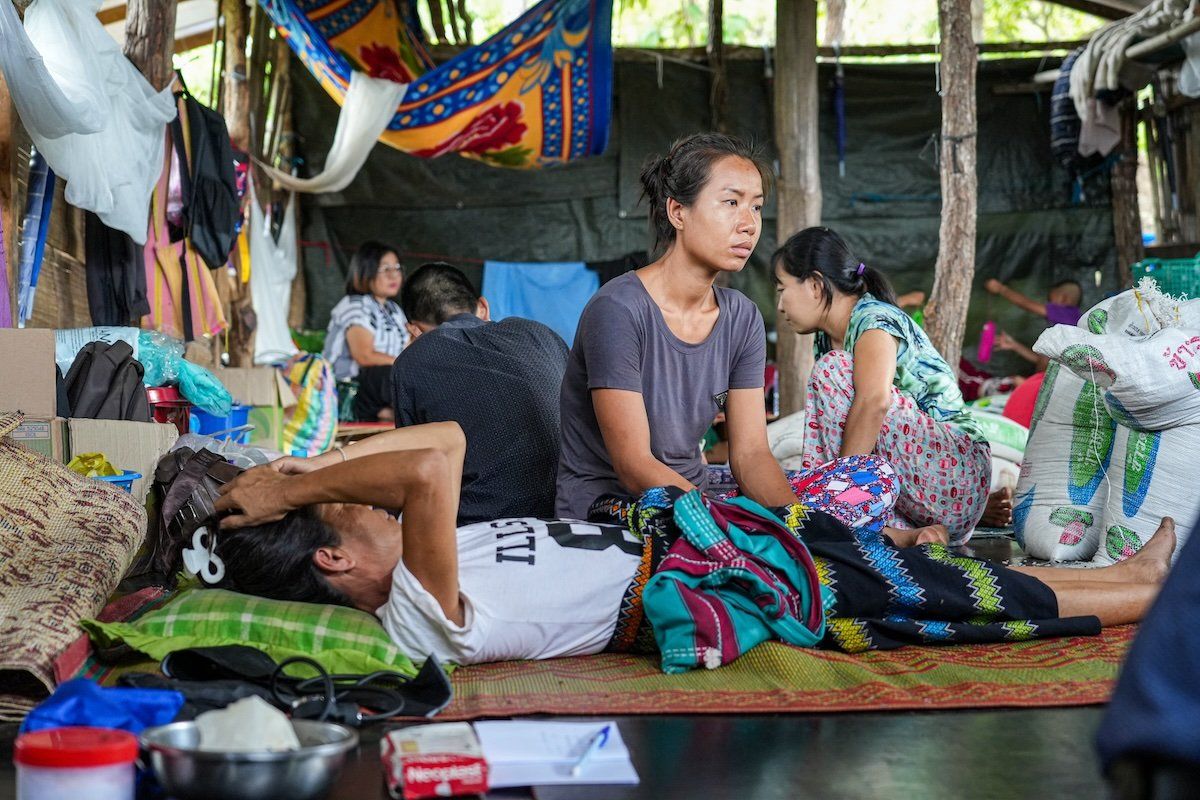900: UN investigators in a new report on Tuesday warned that the Myanmar military is committing war crimes at an “alarming rate” as a devastating civil war continues to consume the country. The report, based on information collected from over 900 sources, says that thousands have been arrested and many have been “tortured or killed in detention.”
77: Dozens of former world leaders and Nobel Prize winners — 77 in total — signed an open letter protesting the exclusion of any mention of fossil fuels in the draft of a UN Climate Pact. “The extraction and burning of fossil fuels is the primary cause of the climate crisis,” the letter states.
131,200: People are leaving New Zealand in droves, according to new government stats. Between June 2023 and June 2024, 131,200 people left the country – roughly a third went to Australia. This comes as New Zealand faces an array of economic problems, including high interest rates and rising unemployment.
15,000: The Africa Centers for Disease Control and Prevention on Tuesday declared an outbreak of mpox in the Democratic Republic of the Congo, which has spread to other countries, a “public health emergency of continental security.” Over 15,000 mpox cases and 461 deaths have been reported in Africa so far this year. Overall, 18 countries have reported cases. The Africa CDC says it needs 10 million doses of the vaccine to deal with the outbreak, yet currently only has 200,000 and plans to secure more.
20 billion: The US has approved $20 billion in arms sales to Israel, the State Department said Tuesday, including dozens of F-15 fighter jets, tactical vehicles, and advanced air-to-air missiles. But it could be years before Israel gets many of the weapons, as the package is designed to increase the Jewish state’s long-term security capabilities, and it takes time to fulfill sales of this size. The announcement of the massive arms deal comes less than a week before the beginning of the Democratic National Convention in Chicago, which is expected to be met with protests over US support for Israel amid the war in Gaza.
